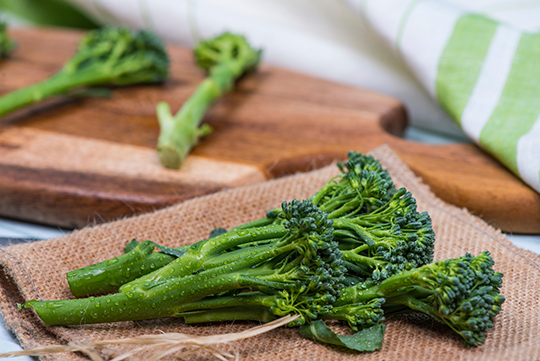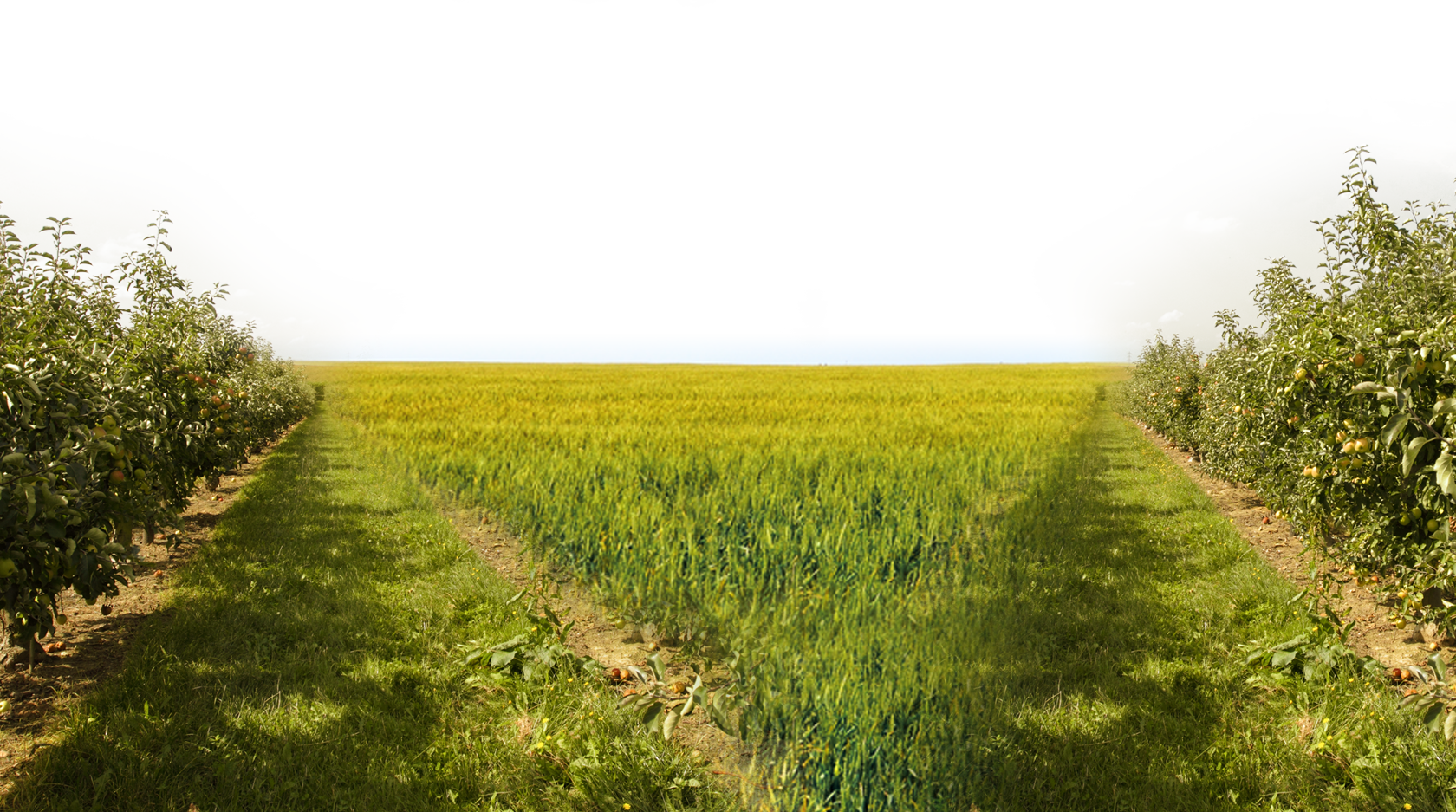
Hybrid Doesn’t Mean GMO
By Aisleagh Jackson | 4 Comments | Posted 09/15/2016
At a recent dinner party curated for a vegetarian friend, I was surprised to hear some speculation over whether my much beloved broccolini was, in fact, a GMO food. It seems there is a vicious rumor going around about this delightful green vegetable, and after a spate of research I must set the record straight.
Broccolini, along with some other curious produce like pluots, tangelos, honey crisp apples and more, are the hybrid children of their more conventional parents (plums and apricots, tangerines and grapefruit, and macoun & honey gold apples in each case). They are the end result of cross-pollination, an age-old agricultural practice that we humans learned from mother nature herself. In accordance with nature’s laws, the two parents have to be closely related in order to produce a viable offspring. A highly educational article at wellfedfamily.net discusses this in further detail here.
This is distinctly different in practice from the genetic engineering so hotly contested in the debate about our food supply. The GMO foods we commonly encounter are distinctly separate species joined by man to produce certain ‘desirable traits,’ such as hardiness, pest & drought resistance. This entails the insertion of certain genes from bacteria, plants, animals, insects, etc., into an unrelated species’ DNA.
The conversation around GMOs can tend towards the far extremes- will they solve world hunger, or are they poisoning the food supply? Are they safe for children to eat? I confess to having an opinion or two of my own on the subject, but for today it is enough to clear broccolini’s name.
Head here to learn more of the mysteries of broccolini.


 Contact us
Contact us



























